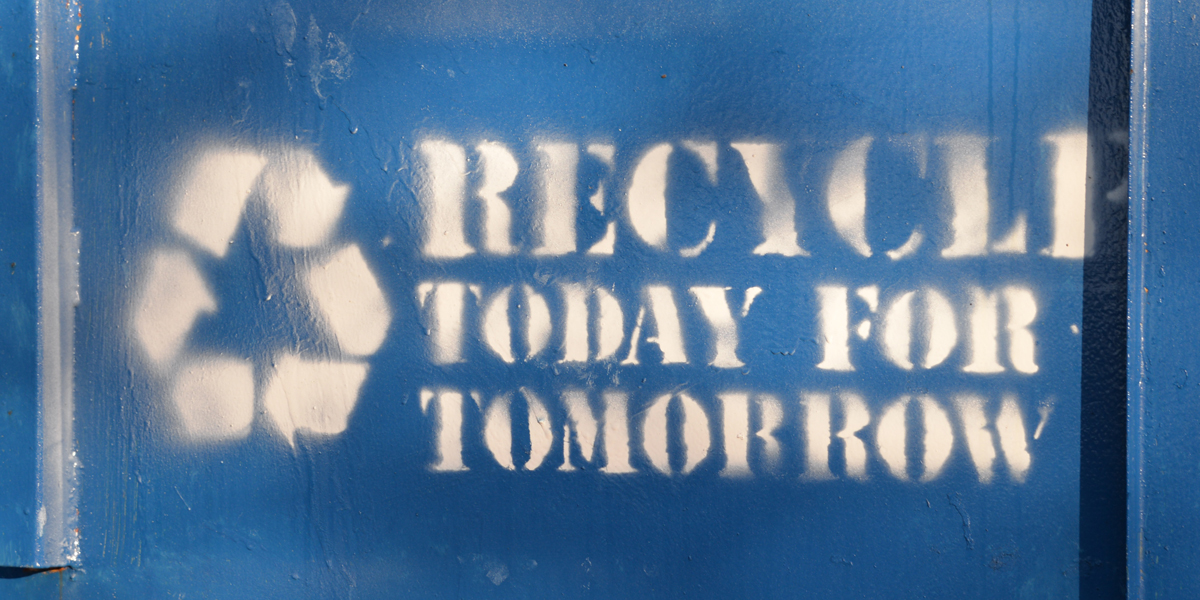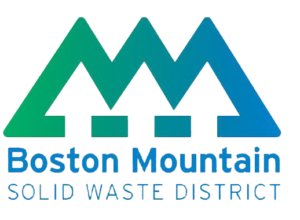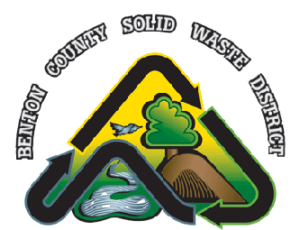Habits — those unconscious, automatic patterns of behavior we all have — are powerful. Thinkers as revered as Aristotle, Cicero and Alexander Hamilton saw force of habit as a shaper of society. Habits intertwine with the smartphones in our pockets and our public health, sometimes making almost half of our daily decisions for us. They’re also double-edged. On one hand, they can trap us in negative loops we try to kick. On the other, with some thought and preparation, we can also wield habits to reinforce the choices we want.
This fact can help us take more walks or eat better, and it can help us build the recycling habit, too. The details of good recycling habits vary in different situations, but the tools for building them fall under two general categories: strategically lowering or raising barriers, often termed “friction,” that nudge us away from or toward recycling; then creating rewards, psychological or otherwise, for when we accomplish our goal. With those tools in mind, each of us can help make recycling a regular part of our daily lives.
At home or work
Lowering barriers: Lowering friction in your personal life can take many forms, such as by signing up for curbside recycling pickup service at home or by finding your community’s drop-off locations and incorporating them into your regular commute. Once connected to a recycling program, place recycling bins by all of your trash cans and in other convenient spots in your home, job site, shop or office so that there’s less appeal to throwing a bottle or can in the garbage.
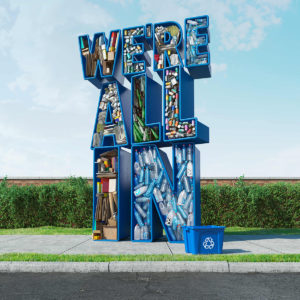
Use common sense to keep things reasonable, though, and watch out for non-recyclable trash winding up in recycling bins. Our event recycling toolkit includes helpful printable signs if needed.
Creating rewards: It may sound silly, but contemplating the advantages of recycling could help make the action more satisfying and the benefits more obvious to yourself. Consider all the ore and sand that won’t need to be mined to replace your recycled aluminum and steel cans and glass bottles, for example, as well as the energy and water saved. Remember that metals and glass can be melted down and reused over and over forever, and we can at least get a couple more uses out of paper fiber and plastics. Think about the local jobs supported by the programs and businesses that collect, sort and use recyclables. You can feel good, environmentally and economically, about recycling.
Outside of your own mind, find ways to recognize or reward family members, colleagues or employees for putting recyclable and non-recyclable waste in the proper places, choosing reusable containers for lunch or other waste-reducing habits.
Recyclers and organizers
Lowering barriers: Community leaders and others who oversee recycling programs for the public can lower recycling friction by choosing convenient, well-traveled spots for recycling drop-offs or adding curbside, business, multifamily or other helpful options to those programs. Make it straightforward and simple for your residents to find out what to recycle and how (a primary purpose of this very website). Recycle at your community events consistently enough that residents become used to seeing it.
Convenience can again bring the drawback of non-recyclable contamination, so take care to monitor your collections and provide clear information to the public. Convenience will also vary from one place to the next: Curbside service is often assumed to be most convenient, but an established drop-off center with longstanding community support may do the job just fine.
Creating rewards: Think about ways your community or recycling program can incentivize participation. Could recycling service be a better deal? Could it bring a noticeably lower bill for the leftover trash? Rewards can be non-financial as well. Businesses that sign up for service or achieve some threshold in recycling, for example, could receive a certification or recognition of some kind, even something as simple as a sticker on the door, to show residents what they’ve done.
In the classroom
Recycling organizations will often tell you the best way to improve a community’s recycling is to teach the kids about it, because those kids go home and make it their mission to hold the rest of the family accountable for recycling correctly. Educators therefore have a huge role to play in building lifelong recycling habits.
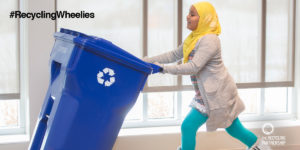
Lowering barriers: Does your school have a recycling program? If not, look into how that could change. If so, help kids connect with the program with lots of recycling bins in convenient and easy-to-find places. Involve them in their school’s programs, such as by letting them help choose where bins go. Incorporate recycling concepts into everyday routines and into regular lessons about the environment, natural resources, chemistry and other topics. Make sure students (and you) know what can be recycled and how to recycle well. Check our Resources page to find a helpful glossary and contacts for organizations that can also help.
Creating rewards: One surefire way to create rewards around recycling is to make it a game. Activities and contests can award points or prizes to the group that learns the most recycling knowledge, picks up the most trash or creates less waste. Organizations listed on the Resources page have multiple activities and lessons ready to use, or you can come up with your own. Just keep an eye on what you’re rewarding. Winning a game by recycling the most pounds, for instance, can create a perverse incentive to buy more sugary drinks and use more plastic than kids might have otherwise. Better ways to earn rewards might include demonstrating understanding, driving up the percentage of the class’s trash that’s recycled or reducing waste overall.


